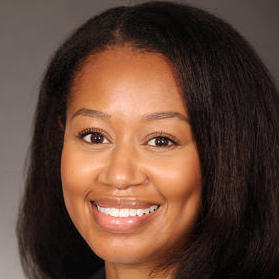 Elisha Chambers was appointed director of the new master’s degree program in occupational therapy at the University of North Carolina at Pembroke. She taught in occupational therapy programs at Howard University in Washington, D.C.
Elisha Chambers was appointed director of the new master’s degree program in occupational therapy at the University of North Carolina at Pembroke. She taught in occupational therapy programs at Howard University in Washington, D.C.
Dr. Chambers earned a bachelor’s degree in hearing and speech sciences from the University of Maryland, a master’s degree in occupational therapy from Howard University, and a Ph.D. in health-related sciences from Virginia Commonwealth University.
 Isrea Butler was named director of the School of Music at the University of Nevada Las Vegas, effective July 1. He has been serving as head of the department of music at Valdosta State University in Georgia. Prior to his appointment at Valdosta State, he was chair of the music department at North Carolina Central University.
Isrea Butler was named director of the School of Music at the University of Nevada Las Vegas, effective July 1. He has been serving as head of the department of music at Valdosta State University in Georgia. Prior to his appointment at Valdosta State, he was chair of the music department at North Carolina Central University.
Dr. Butler earned bachelor’s and master’s degrees in music at the Eastman School of Music at the University of Rochester in New York. He holds a doctor of music degree from Rutgers University.

